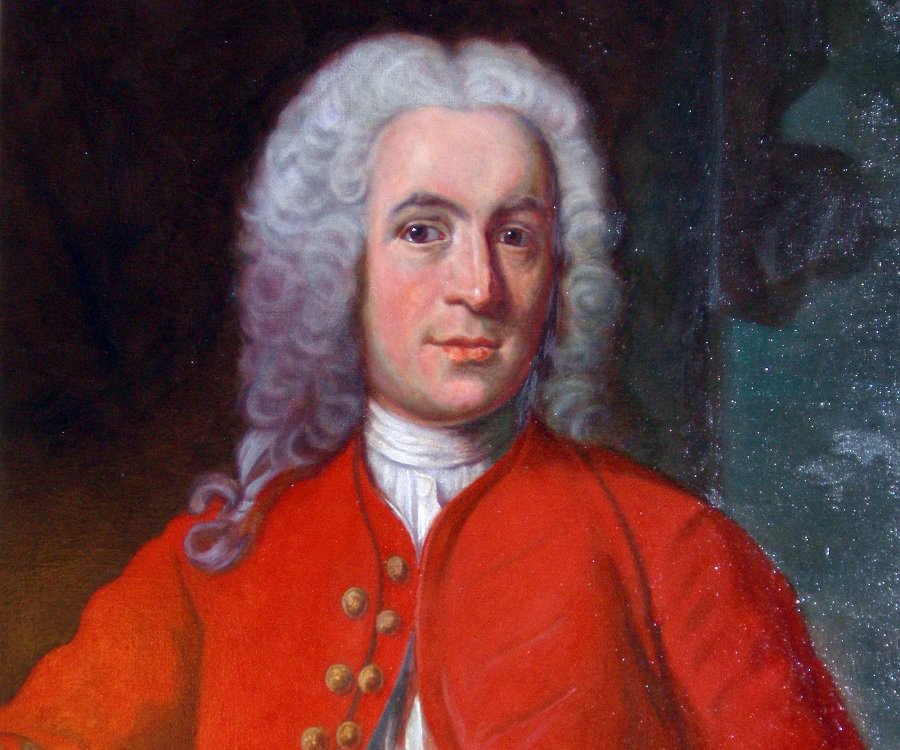(单词翻译:单击)
Rarely has a man been more comfortable with his own greatness. He spent much of his leisure time penning long and flattering portraits of himself, declaring that there had never "been a greater botanist or zoologist," and that his system of classification was "the greatest achievement in the realm of science." Modestly he suggested that his gravestone should bear the inscription Princeps Botanicorum, "Prince of Botanists." It was never wise to question his generous self-assessments. Those who did so were apt to find they had weeds named after them.
很少有人像他那样心安理得地对待自己的名气。他花了很多业余时间来绘制和美化自己的肖像,宣称从来没有出过“一个更伟大的植物学家或动物学家”,他的分类体系是“科学领域最伟大的成就”。他还谦虚地提出,他的墓碑上应当写上“植物王子”的墓志铭。对他的赞扬备至的自我评估提出质疑绝对不是一件明智的事。这么做的人往往发现自己的名字被用来命名野草。
Linnaeus's other striking quality was an abiding — at times, one might say, a feverish — preoccupation with sex. He was particularly struck by the similarity between certain bivalves and the female pudenda. To the parts of one species of clam he gave the names vulva, labia, pubes, anus, and hymen. He grouped plants by the nature of their reproductive organs and endowed them with an arrestingly anthropomorphic amorousness. His descriptions of flowers and their behavior are full of references to "promiscuous intercourse," "barren concubines," and "the bridal bed." In spring, he wrote in one oft-quoted passage:
林奈的另一个鲜明特点是他持久不变地——有时候可以说是狂热地——对性感兴趣。某些双壳类动物和女性外阴的相似性给他留下了尤其深刻的印象。有一种蛤蜊的一些部位他给起名为“外阴”、“阴唇”、“阴毛”、“肛门”,以及“处女膜”。他按照生殖器官来对植物进行分类,把它描述述得会像人那样谈情说爱。他在描述花朵及其行为时,经常提到“乱交”、“不能生育的情妇”和“新婚之床”。到了春天,他在一段经常被引用的话里写道:
Love comes even to the plants. Males and females ... hold their nuptials ... showing by their sexual organs which are males, which females.
爱情甚至来到植物中间。男男女女……举行婚礼……以性器官来显示谁是男的,谁是女的。


